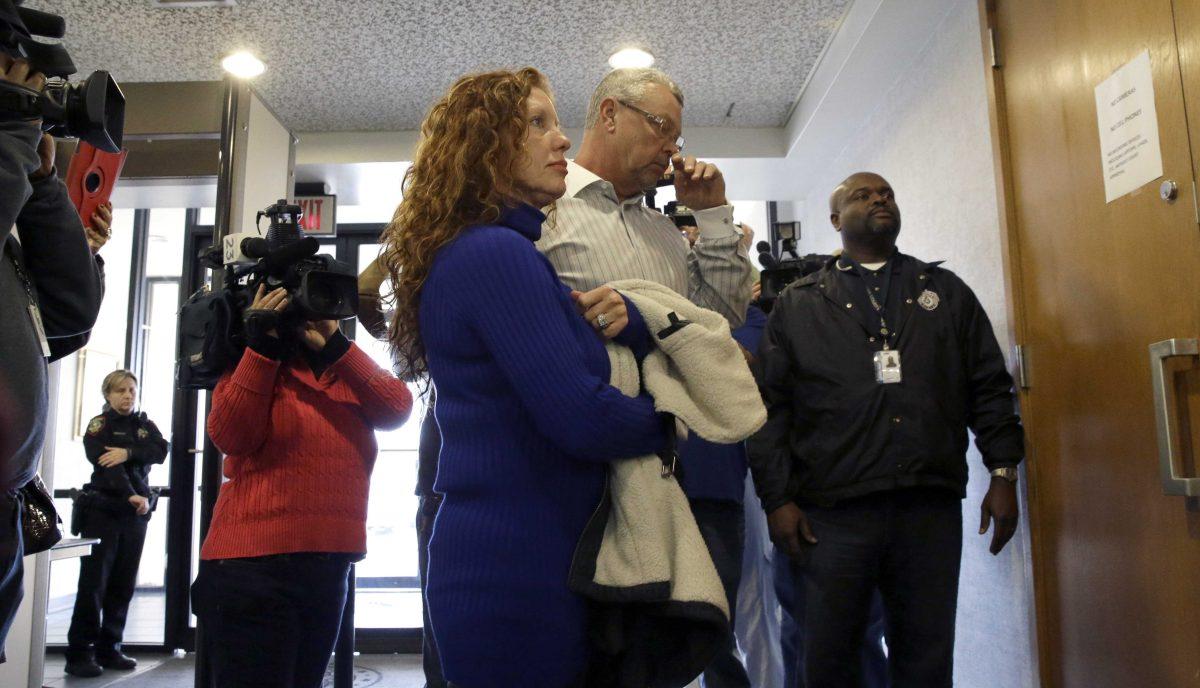In Baton Rouge, the temptation to drive drunk is a painful reality.
Tigerland closes at 2 a.m. and the buses stop running at the same time, leaving a considerable number of drunk people, in their late teens to early twenties, with the choice to either drive, hitch a ride with a more-than-likely drunk driver or walk.
But if something were to happen, would the guilty party pay for his or her poor decision-making or will he or she be given the chance to change?
The person’s access to money is the key to answering that question.
On Wednesday, State District Judge Jean Boyd sentenced Texas teen Ethan Couch to a 10-year probation and a mandatory stay in a lockdown rehabilitation facility after a drunk driving accident resulted in the death of four people last December.
Now, I’m all for attempting to reform people rather than just tossing them in prison and forgetting they ever existed, but I believe that Couch’s sentence was unfair and would’ve never happened if he didn’t belong to a privileged family.
This case caught the national media’s interest after a licensed psychologist, who served as a witness for the defense, claimed that Couch was a victim of “affluenza.”
The witness claimed that Couch’s “rich-parents-who-set-no-limits” lifestyle caused this “condition” that makes him disregard consequences to his actions, and said therefore he should be given special treatment.
I don’t think being spoiled is enough of a reason to keep someone out of jail.
Investopedia defines affluenza as a social condition arising from the desire to be more wealthy.
People affected with affluenza find that the economic success that they crave leaves them feeling unfulfilled and desperate for more.
Basically, it’s like the “Wolf of Wall Street,” but instead of Quaaludes, he was drinking.
In later statements, Couch’s lawyer Reagan Wynn said the affluenza diagnosis was not a basis for Boyd’s decision — she examined all the evidence and came to the conclusion, she thought, made more sense.
But what one of the victims’ spouses, Eric Boyles, said after the hearing is what stuck with me the most from the story.
“Had [Couch] not had the money to have the defense there, to also have the experts testify, and also offer to pay for the treatment, I think the result would have been different,” Boyles said.
I believe that, in this world where social standing plays a key role in society, money contributed to the court’s decision.
Couch’s family is obligated to pay for the rehab facility, which they are more than able to do given that they could pay for all the psychology experts to evaluate Couch’s mental health.
However, like Boyles said, the judge’s ruling would’ve been different if Couch didn’t belong to a wealthy family.
If Couch would’ve been the same age and race, but a member of a middle class family — with resources only large enough to hire an average lawyer and no psychological experts — I believe that Couch would’ve been sentenced to at least a fraction of the jail time that the prosecution was seeking.
As part of his 10-year probation, Couch cannot consume drugs or alcohol and he cannot drive a car. Personally, I hope this rehab stint serves as a chance for him to re-evaluate his priorities so he can become a better person.
But, I wish we lived in a world where second chances are a universal right, rather than an expensive item in a store.
Opinion: Affluenza diagnosis causes unfair case ruling
February 9, 2014
Tonya Couch, left, and Fred Couch, parents of teenager Ethan Couch, arrive at juvenile court for a hearing about their son’s future Wednesday, Feb. 5, 2014, in Fort Worth, Texas. Judge Jean Boyd again decided to give no jail time for Ethan Couch, who was sentenced to 10 years’ probation in a drunken-driving crash that killed four people, and ordered him to go to a rehabilitation facility paid for by his parents. The sentence stirred fierce debate, as has the testimony of a defense expert who says Couch’s wealthy parents coddled him into a sense of irresponsibility. The expert termed the condition “affluenza.” (AP Photo/LM Otero)
More to Discover








